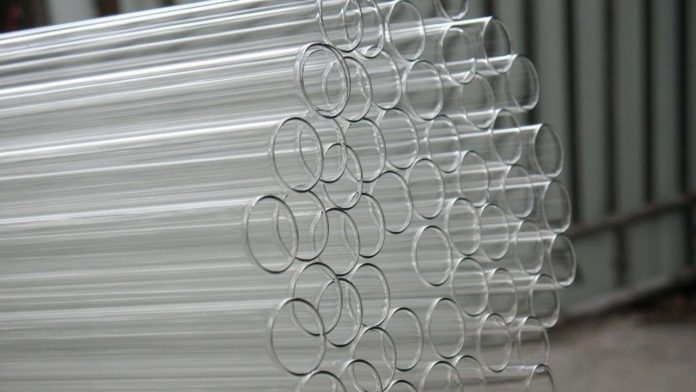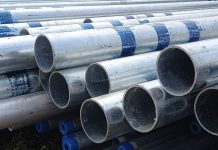Borosilicate glass is a type of glass composed primarily of silica and boron trioxide, which imparts its unique properties. Unlike traditional soda-lime glass, borosilicate glass tube is known for its low coefficient of thermal expansion, making it highly resistant to thermal shock. This means it can withstand rapid temperature changes without cracking or breaking, making it ideal for demanding applications.
On the other hand, most people prefer choosing this type of glass because it stands out for its unique applications and properties. Also, it is characterized by its exceptional durability, chemical resistance, and thermal stability. Therefore, identifying the application and purpose of this tool will help you to know the buying elements to consider in your selection.
How to Choose Borosilicate Glass Tube
Choosing the right borosilicate glass tube for your specific needs requires careful consideration of several important factors. Whether you are purchasing glassware for scientific experiments, industrial applications, or artistic pursuits, here are the key aspects to keep in mind to make an informed decision.
Consider the Purpose and Application
Ensure you start your research by understanding the purpose for which you need the borosilicate glass tube. Different applications may demand specific features and characteristics. For example, laboratory glassware might require high precision and standardized dimensions, while industrial sight glasses may need to withstand high pressures and temperatures. Determine the exact application and usage conditions before proceeding.
Temperature Resistance
Borosilicate glass tubes are known for their exceptional thermal resistance. However, there are variations in the temperature limits of different grades of borosilicate glass. Consider the maximum and minimum temperature ranges that the glass tube will be exposed to in your application. If you anticipate extreme temperature fluctuations or high heat exposure, opt for tubes with a higher thermal shock resistance.
Chemical Compatibility
Check the chemical compatibility of the borosilicate glass tube with the substances it will come into contact with. Borosilicate glass has excellent chemical resistance, but some highly corrosive chemicals may require specialized glass formulations. Ensure that the tube can withstand the specific chemicals you intend to handle, particularly in laboratory or industrial settings.
Dimensions and Specifications
Consider the dimensions and specifications of the borosilicate glass tube that suit your needs best. Whether you require narrow or wide tubes, varying lengths, or specific inner and outer diameters, ensure that the chosen glass tube meets your desired specifications. Standardized dimensions are essential if you need to use the tube with existing apparatus or fittings.
Optical Clarity
For applications where visual observation is vital, such as laboratory experiments or industrial processes, optical clarity is essential. Choose borosilicate glass tubes with high transparency and minimal distortion for accurate observations.
Additional Features
Depending on your application, you might also need additional features such as graduation markings, flared openings, or screw threads. Some tubes come with caps or stoppers, which can be beneficial for storage and transportation purposes.
Supplier Support and Services
Lastly, ensure you choose a supplier that provides excellent customer support, reliable delivery, and additional services if needed. A reputable supplier will help address any inquiries and ensure a smooth purchasing experience.













